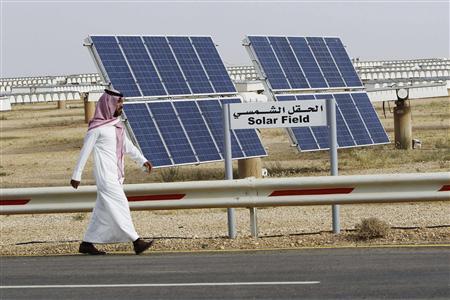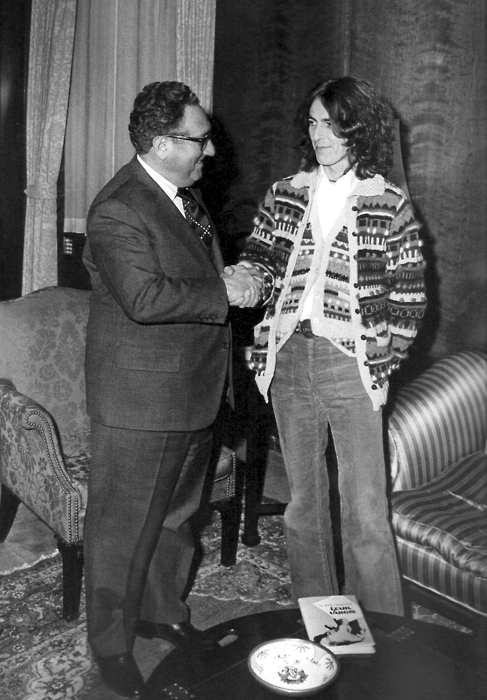Had a bizarre exchange on Twitter with writer Elizabeth Bruenig last night after the fellatio-friendly interview that the perfectly sane and sober White House Communications Director Anthony Scaramucci gave to Ryan Lizza of the New Yorker in which he went on the record to profanely deride and threaten his colleagues–superiors, even–in the cabinet. I mean, Steve Bannon may be a white nationalist with a particularly pliable neck, but usually these things are kept in-house.
Bruenig’s tweet:
 When you assert that a disgraceful person who happens to be Italian-American is the most authentically “Italian-American dude” on the planet, you’ve revealed you embody some truly ugly stereotypes. I don’t think someone is a hardcore bigot just because they make a dumb comment–we’re all flawed–but when I pointed out the wrongness of her statement, Bruenig told me that she was “not going to play my game” and blocked me, as if I was trolling her when she was actually the one trolling an entire ethnicity. Too bad she didn’t pause for a moment and think about what she’d written. It may have helped her become a better and fuller person. As someone who’s heard way too many times from supposedly educated people that they’re surprised I read a lot of books because I’m Italian-American, it would have been greatly appreciated.
When you assert that a disgraceful person who happens to be Italian-American is the most authentically “Italian-American dude” on the planet, you’ve revealed you embody some truly ugly stereotypes. I don’t think someone is a hardcore bigot just because they make a dumb comment–we’re all flawed–but when I pointed out the wrongness of her statement, Bruenig told me that she was “not going to play my game” and blocked me, as if I was trolling her when she was actually the one trolling an entire ethnicity. Too bad she didn’t pause for a moment and think about what she’d written. It may have helped her become a better and fuller person. As someone who’s heard way too many times from supposedly educated people that they’re surprised I read a lot of books because I’m Italian-American, it would have been greatly appreciated.
· · ·
In the more widely important matters of the day, the clown show in the White House got worse, with much of the nation now feeling like the small children of a mentally ill parent who controls the fortunes of the family though he most definitely should not. The only thing that threatens to turn the GOP on Trump is if he would dare fire the Confederate statue known as Jefferson Beauregard Sessions. That’s the gutter where the party now rests.
I’ve gone on record as saying that Trump and his creepy cabal will gone down in flames, even if democracy may already be a pile of ashes when that occurs. Mike Bloomberg, however, believes the orange supremacist’s chances of lasting eight years in the Oval Office are actually quite good. At least, that’s what he’s saying for public consumption. Perhaps, but Trump has a mausoleum worth of skeletons in his closet.
From a Spiegel interview conducted by Juliane von Mittelstaedt:
Spiegel:
One main driver for people to vote for Trump was their resentment of the establishment, the elites. Where is that coming from in your opinion?
Michael Bloomberg:
A lot of the Trump voters thought: “The current stuff has not helped me. I want a change.” Trump got elected partly because he had a message: “Vote for America.” “Make America Great.” “America” is a good word. “Great” is a good word. Hillary never came up with a message other than “Vote for me because I’m a woman.” I make no secret of the fact that I was not a big Hillary Clinton supporter, but I thought in the two-way race between her and Donald Trump, that she should have been the president. But Trump promised a lot of things. And now he’s six months in and hasn’t passed a piece of legislation yet. Now, I personally have said we should help him. I didn’t vote for him. I didn’t think he was the right person. But once we have an election and he gets elected, then we have a responsibility as citizens to help him.
Spiegel:
To help him? I thought you would have a very different opinion on basically everything?
Michael Bloomberg:
Absolutely, I still don’t agree with him on most things. I disagree violently with a lot of things, for example regarding the elimination of Obamacare or cutting taxes. We need to have more taxes, not less, and we need the taxes we have, certainly, to provide services — for defense and education and health care. We should not cut money here in order to cut taxes.
Spiegel:
So why wouldn’t you be happy if he fails with his agenda?
Michael Bloomberg:
Because in the end, the message will be: Oh, Trump tried to do what he promised. It was the “liberals” who wouldn’t let him. Forget about the fact that it’s in the Republican Party that he can’t get through the votes. And for sure I’d like to change his views — for sure I hate a lot of things he does. But I live here. My kids, my grandkids live here. I don’t want him to fail. That’s sick and not good for my kids. I want Trump to be successful. I don’t think he will be, and when he does things that I believe are harmful, I will certainly try hard to stop that. But I don’t think that we should do what (the Republican Senator) Mitch McConnell said. When Obama was elected, he said: “We’re going to make him a one-term president.”
Spiegel:
Do you think Trump is going to be elected for another term?
Michael Bloomberg:
First of all, I believe the probability of him finishing at least four years is very high. Impeachment is a political, not a legal process. And even in Nixon’s case, most of the Republicans didn’t vote to impeach him. It was the Democrats who were in power and impeached Nixon. He could have a heart attack, or he could do something that the public really gets up in arms about. If not, he’s likely to finish four years. And then I would say he has a 55 percent chance of getting re-elected. Why? Because incumbents always have an advantage. Plus, in 2020, the economy couldn’t be that bad, and there’s got to be 14 Democrats that have already said they’re going to run for office. So, you can see his opponents being very fractured.•




